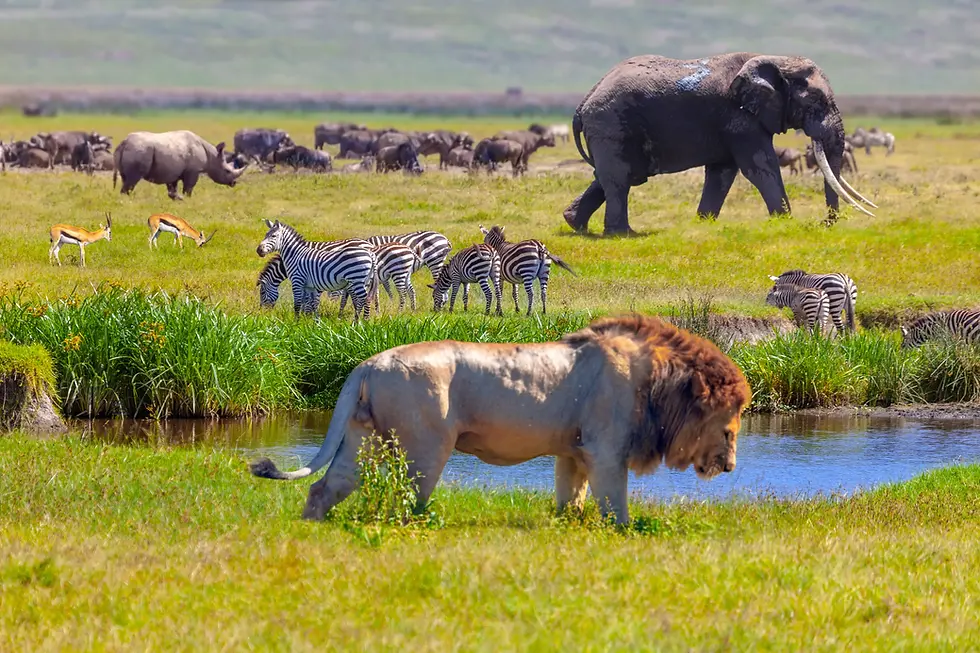How Climate Change Affects Refugees
- Sampurna Chakravorty
- May 26
- 2 min read
“Climate Refugees” refers to people who have had to leave their homes as a result of a significant environmental event. As a result of climate change, these events have become more and more common, thus exacerbating the crisis of refugees who have been impacted by hurricanes, floods, droughts, and more. In fact, according to the NIH, the number of displaced people globally reached a peak of 100 million in June 2022. Asylees are often coming from a country that has many other stressors, such as political unrest, exploitation, alongside the physical destruction of their homes. Climate refugees are often the “forgotten victims” of the climate crisis, so this will highlight the issues they face and what are the ways to aid them.
Rising sea levels submerge large chunks of land from various coastal countries. 17% of Bangladesh is projected to lose 17% of its land, displacing 20 million people by 2050. Many of these countries are developing as well, so those displaced have little recourse in shelter, food, etc.
Extremely hot and dry temperatures lead to droughts, which are directly connected to a rise in malnutrition. On the other end of the spectrum, excess precipitation facilitates floods, increasing the risk of waterborne diseases such as cholera. Both of these situations strain the local healthcare systems, again in countries that are already experiencing a lack of proper infrastructure and development.
Aside from the environmental stressors, refugees face risks that are independent of climate change, such as violence and persecution based on their religion, ethnicity, and gender. UNHCR has launched a set of guidelines that encourage countries to follow to ensure refugees feel protected and can lead “self-sufficient” lives. This involves governments offering easy paths to entry into their countries and providing legal recourse for the violation of climate refugees’ human rights. It also plans to provide them with simple yet planet-friendly sources of power and sanitation to not exacerbate the global climate crisis in the wake of the existing global refugee crisis.




Comments